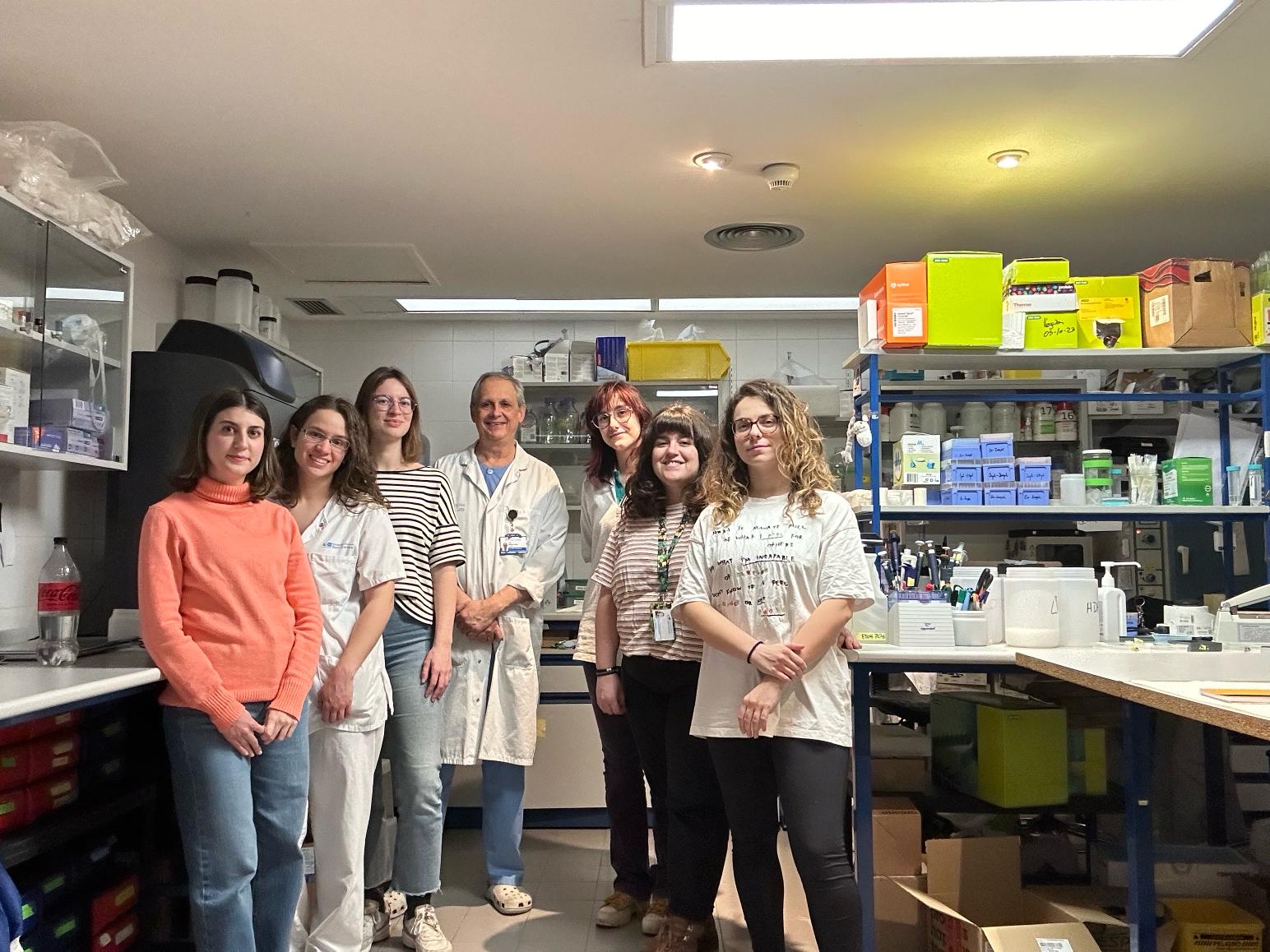
Tel. +34 913303000 (Ext. 484753)
San Carlos Clinical Hospital
Prof Martín Lagos, 28040 Madrid

The group has a strong translational character, implementing a variety of animal models of damage in the immature and developing brain, as well as in other target organs. Its studies are aimed at physiopathological knowledge and the search for therapeutic strategies, with special emphasis on the field of the cannabinoid system. In this sense, the group has become an international reference in this field, which, together with strategic alliances with national and international frontier groups as well as with the pharmaceutical industry, has enabled it to make the leap to clinical trials.
Dr. José Martínez Orgado
Born in Madrid, he earned a Licentiate degree in Medicine from the Complutense University of Madrid (UCM) in 1985 and obtained his PhD in Medicine from the Autonomous University of Madrid in 1999. He is Head of the Neonatology Department at the Hospital Clínico San Carlos-IdISSC and Associate Professor of Paediatrics at the Faculty of Medicine of the UCM, with accreditation as University Professor of since 2012. He leads the Study Group on Cannabinoids in Neonatal Diseases (GECEN), included in the Pathophysiology and Neurological Therapeutics Group of the INA -of which he is the coordinator-, attached to the Neurosciences Area of the IdISSC. Since 1993, he has been conducting studies on the prevention and treatment of acute neonatal neurological pathology, focusing on the neuroprotective role of cannabinoids since 2003, and cannabidiol, in particular, since 2006. Member of the Spanish Society for Cannabinoid Research (SEIC) since 2004, he belonged to its Board of Directors as a member (2012-2015) and Treasurer (2015-2019). He is also a member of the International Cannabinoid Research Society since 2004. Principal Investigator in 8 publicly and 11 privately funded projects. Co-inventor on 2 international patents. Author of 65 international publications, 24 national publications and 15 book chapters, currently reaching an H index (WOS) of 21.